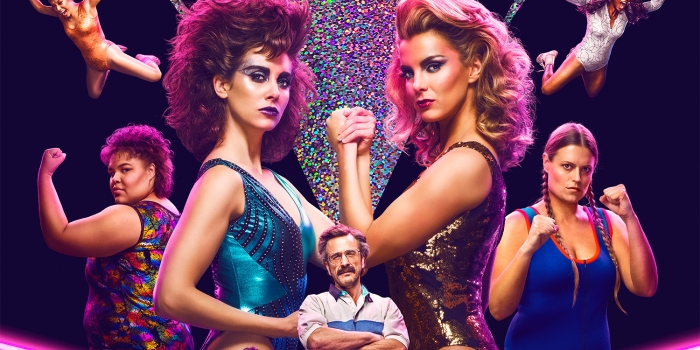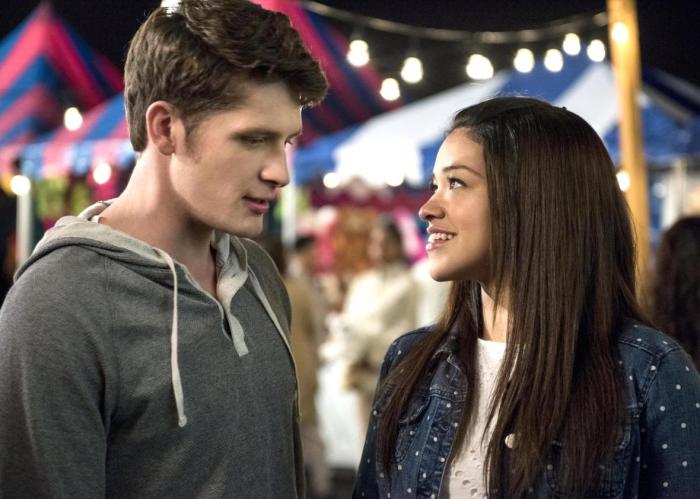
While The Walking Dead has never been a great show, I used to think it was a compelling one. Season 4, especially the Daryl and Beth focused “Still” episode, had some fascinating character studies. I loved how the show broke the characters apart and reassembled them in unexpected groups all traveling towards the same eventual destination at Terminus. Sure, there were uneven episodes that season (I mean, two Governor backstory episodes?), but the writers were trying not only to expand the narrative but also make us attached to the characters. That’s why big deaths were so painful, and earned.
Watching last night’s 100th episode called “Mercy,” I realized that I don’t care about the characters anymore. Maybe it’s been the extended focus on Negan, who despite being played by the charismatic Jeffery Dean Morgan is continuously one-note. Have all the storylines buckled under Negan’s shadow? Did the show really lose something with last year’s slaughter of both Glenn and Abraham in Negan’s big debut? Villains have brutally killed main characters before (Hershel’s death was particularly painful). Yet, something changed with Negan. He broke our spirit with his vicious, hyper-masculine, and random terror that seemed like it was never going to end. Given where we were as a country last fall and winter (and still are), this seemed like masochism.
One of the tenants of good storytelling is that putting characters in danger endears them to the audience. Maybe that’s why we can never connect with Negan—because he’s never in any real danger. We know that no matter what situation he’s in that he’ll survive (at least until the end of this season, probably beyond). How else could he escape unscathed from being about 20 feet away from dozens of automatic weapons firing directly at him? Why put him there in the first place if there’s no risk? That’s just lazy storytelling.
Instead, the story jumps around in time to try and trick viewers into thinking it’s more complicated than it really is. We’ve seen this technique before and done much better, such as in Season 5’s tragic puzzle, “What Happened and What’s Going On” with Tyreese. The difference was back then we were invested in the outcome. We felt it intensely, but last night’s episode rendered nothing. Maybe it’s time to do the merciful thing and stop watching.


